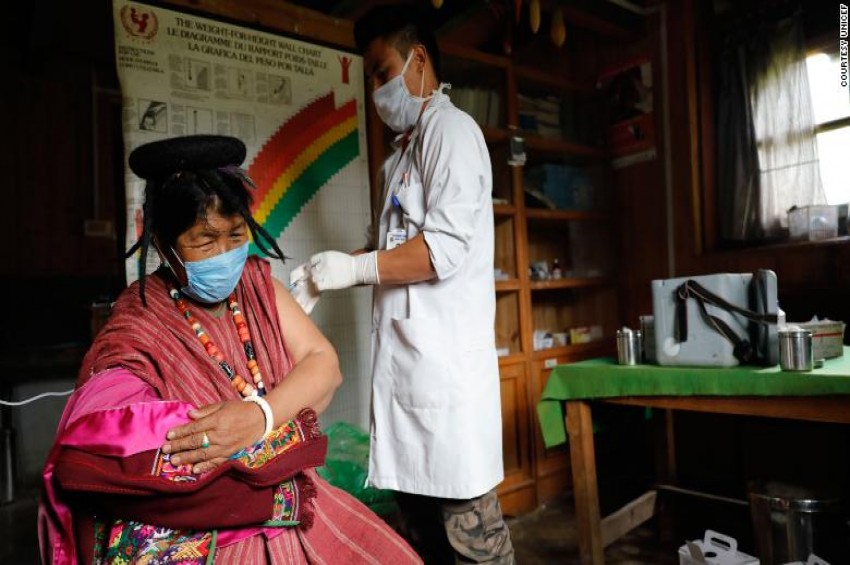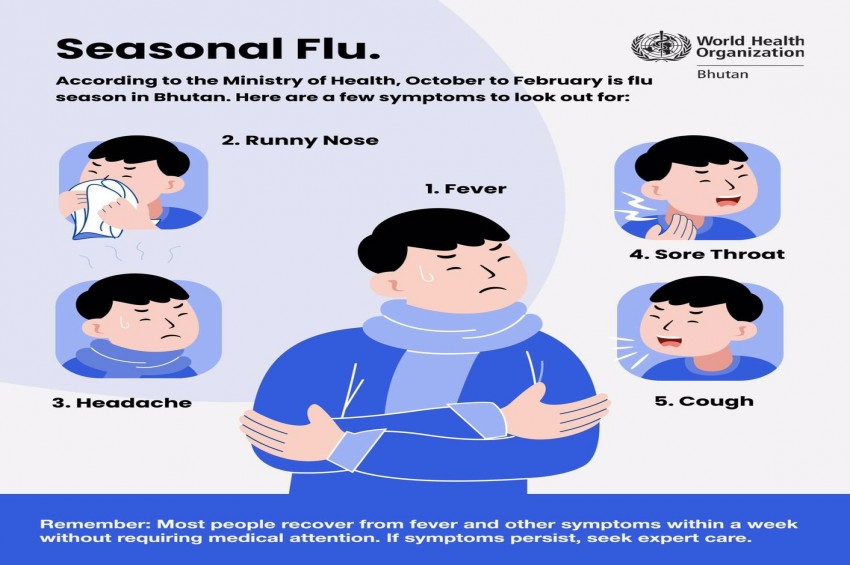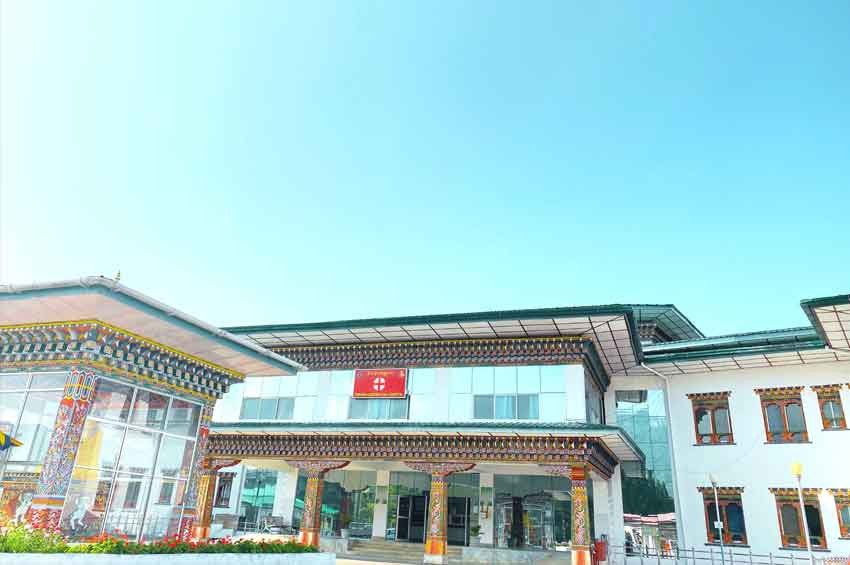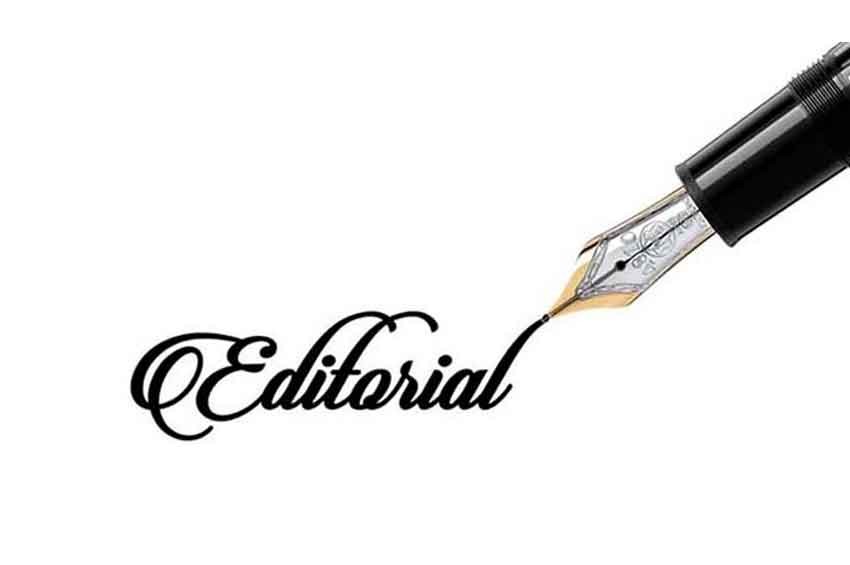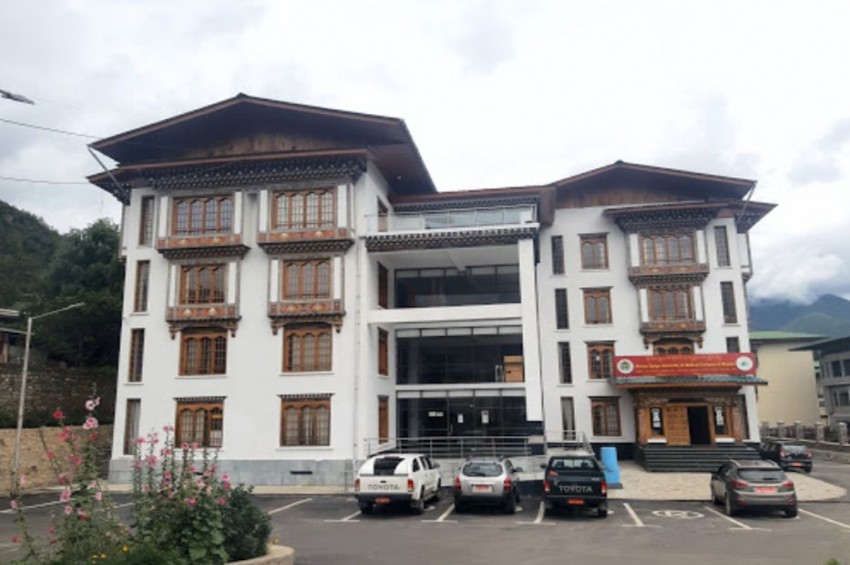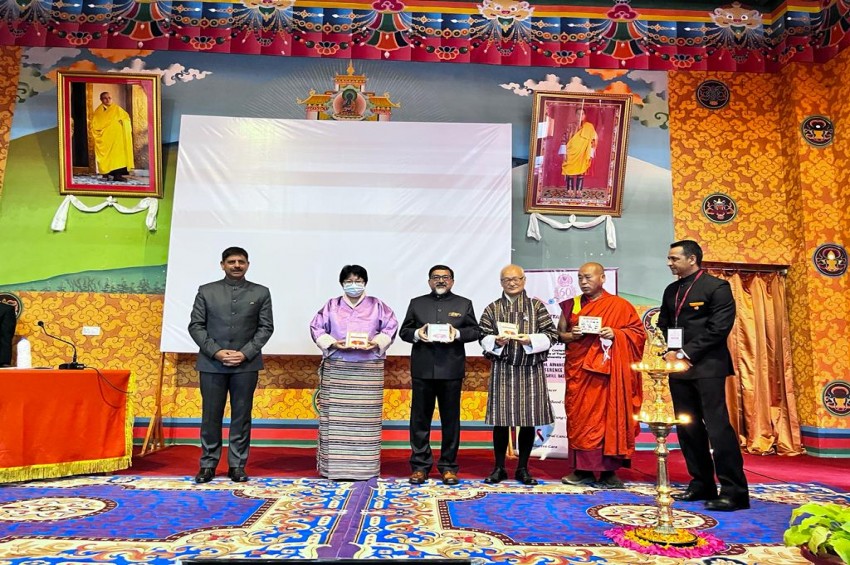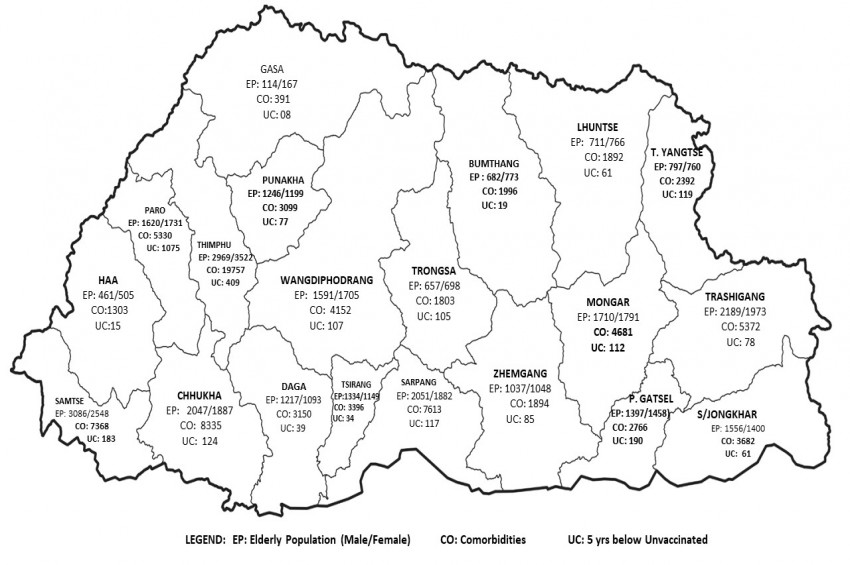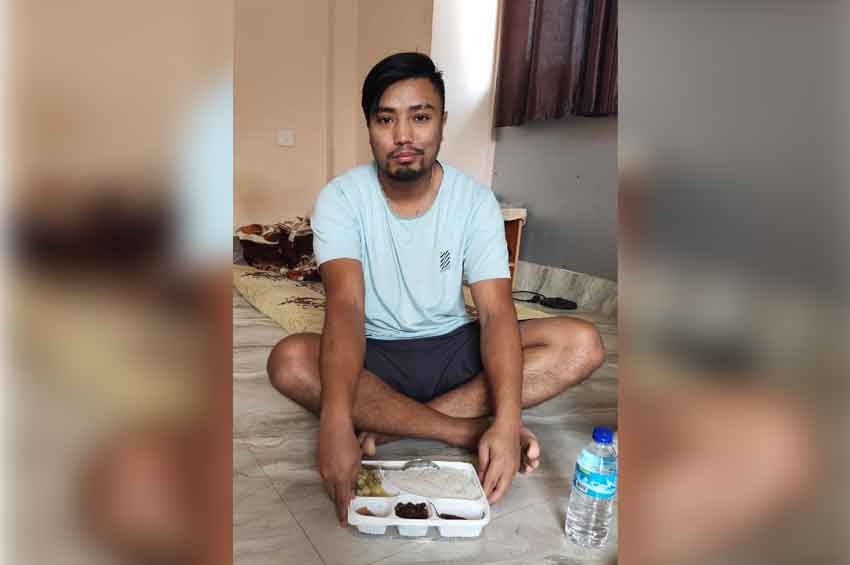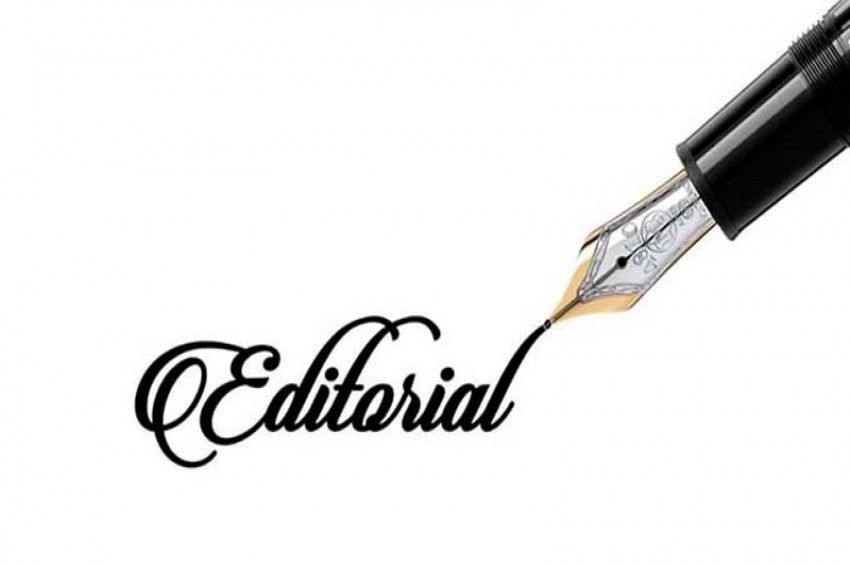PM says Bhutan is ready to roll out the fourth booster dose too, if required, while children aged 5 to 11 will receive their first dose of the vaccine from tomorrow(March 6, 2022).
In Bhutan’s latest push to vaccinate her people, a consignment of 270,000 doses of Pfizer vaccine arrived in the country on March 2, 2022. It will be used to vaccinate 5 to 11-year-olds with both doses and boosters for people aged 12 to 17. The former age groups will receive the first dose of the vaccines beginning March 6, 2022. Bhutan has till date received a total of 2,256,040 doses of vaccines, which include those received from bilateral partners and others which were procured (Full list at the end).
According to the Prime Minister, Dr. Lotay Tshering, His Majesty the King has from the onset commanded that the people of Bhutan should receive the best vaccines available. Additionally, Bhutan’s Foreign Minister, Dr. Tandi Dorji said that bilateral and development partners have been forthcoming because of the special relations build with the countries by our Kings and their trust that Bhutan uses whatever is given very productively.
Speaking to the Bhutanese media virtually on March 2, 2022, Prime Minister (PM) Dr. Lotay Tshering said it was His Majesty’s command that the people of Bhutan should get the best vaccines available in the world. The PM further added that if the Bhutanese people are not falling seriously sick, though infected by the virus, it is because of the immunity gained due to vaccination. He underlined that Pfizer is the only vaccine declared safe for children between the ages of 5 to 11. World Health Organization’s (WHO) Strategic Advisory Group of Experts (SAGE) has concluded that the Pfizer vaccine is safe to be used for those aged 5 and above. Additionally, the PM said that works are underway to prepare for the fourth booster dose, if required. Lyonchhen (PM) said going by research, hospitalisation rate is lower in those who have received the booster dose. “His Majesty has expressed that the Covid-19 vaccine shot is like other vaccines where it needs to be given annually. Upon His Majesty’s command, we have all plans to roll out the fourth dose of the vaccine if required,” Lyonchhen said.
The government has also left nothing unturned in the effort to get vaccines. Bilateral partners have also been helpful and even now, some are forthcoming. Bhutan’s Foreign Minister Dr. Tandi Dorji earlier said Switzerland has agreed to give vaccines whenever the need arises. He said Bhutan is signing a trilateral agreement with Switzerland and Pfizer. In the latest update, Dr. Tandi said the government of Switzerland is corresponding with Bhutan’s foreign secretary. “Apart from the Government of India (GoI), who is always forthcoming to help us, western countries, especially those in the European Union have been very helpful,” the Foreign Minister said. “It is because of the special place Bhutan has in their hearts, and the excellent relations we have with these countries, which is the result of our leadership, our Kings, who over a period of time has showcased that Bhutan is special,” he added. Dr. Tandi also said that donors trust Bhutan, as they know that whatever given will be “optimally and efficiently utilized by the government.”
The Foreign Minister further said that countries within Asia have helped, too, especially in the supply of medicines, personal protective equipments (PPE), reagents and testing kits. “Bangladesh, South Korea, Thailand and others have helped us,” he said.
Vaccines for those between 5-11 years received have already been dispatched to different regions and the government hopes to complete vaccination within ten days. There are more than 83,000 children in the age group of five to 11 years and more than 80,000 adolescents aged 12 to 17. On the other hand, Bhutanese adults have already received the third booster dose of the vaccine.
Bhutan’s success in vaccination has been praised by international organizations, too. Earlier, UNICEF Bhutan Representative Dr Will Parks said the vaccines will provide the much needed and awaited protection against COVID-19 for Bhutan’s people. “Amid a region in crisis, collectively and determinedly we must all protect Bhutan’s precious success against COVID-19. The vaccines are a hope for normalcy to return and a critical step towards controlling the pandemic that has upended the lives of children and young people across the world,” Dr Will Parks had said.
The World Health Organization (WHO) has reported that as of February 12, 2022, a total of 1,507,848 vaccine doses have been administered in Bhutan. Official reports from the Ministry of Health, as of February 25, 2022 says 98.4 percent of those above the age of 12 received the first dose, followed by 94.5 percent getting the second dose. Only 1.6 percent remained unvaccinated. For all ages, 81.1 percent received the first dose, followed by 77.8 percent receiving the second dose. There are 18.9 percent of the people yet to be vaccinated.
The figures showcase how successful Bhutan has been in vaccinating the people. The vaccination program began after the first consignment of 150,000 doses of Covishield vaccines was received in January 2021 from the Indian government, as a gift. The second consignment of 400,000 Covishield vaccines, also from India was received in September 2021.
Bhutan conducted its first nationwide COVID-19 vaccination round with the inoculation of the Covishield vaccine (Oxford-AstraZeneca) on 27 March 2021. Children above 12 were vaccinated beginning July 30, 2021.
The WHO Representative to Bhutan Dr. Rui Paulo De Jesus earlier said that Bhutan’s response to COVID-19 and the nationwide vaccination campaign for the first dose has been exemplary. “The credit for the success largely goes to the exemplary leadership from the highest level to the strong sense of solidarity exhibited by the various sectors of the government and the people,” Dr. Rui Paulo De Jesus had said, while acknowledging the proactive role taken by the government to secure the vaccine doses and the generosity of the donors for providing the much-needed vaccines for the second dose.
According to the WHO, there are several safe and effective vaccines that prevent people from getting seriously ill or dying from COVID-19. This is one part of managing COVID-19, in addition to the main preventive measures of keeping a safe distance from others and avoiding crowds, wearing a well-fitting mask covering your mouth and nose, keeping indoor spaces well ventilated, cleaning hands regularly and covering coughs and sneezes.
As of 12 January 2022, WHO has evaluated that the following vaccines against COVID-19 have met the necessary criteria for safety and efficacy: AstraZeneca/Oxford vaccine, Johnson and Johnson, Moderna, Pfizer/BionTech, Sinopharm, Sinovac, COVAXIN, Covovax and Nuvaxovid.
Vaccines received
1. Government of India : 550,000 doses of Coveshield
2. US through COVAX: 500,000 doses Moderna
3. China: 50,000 doses Sinopharm
4. COVAX: 5,850 doses Pfizer
5. Denmark: 249,600 doses AstraZeneca (AZ)
6. Bulgaria: 172,500 doses AZ
7. Croatia: 10,000 doses AZ
8. Royal Government of Bhutan (RGOB): 198,000 doses Pfizer (Purchased)
9. RGOB: 250,000 doses Moderna (Purchased)
10. RGOB: 270,090 doses Pfizer (180,000 Pediatric and 90,090 doses adults’ doses; also purchased).
In Bhutan’s latest push to vaccinate her people, a consignment of 270,000 doses of Pfizer vaccine arrived in the country on March 2, 2022. It will be used to vaccinate 5 to 11-year-olds with both doses and boosters for people aged 12 to 17. The former age groups will receive the first dose of the vaccines beginning March 6, 2022. Bhutan has till date received a total of 2,256,040 doses of vaccines, which include those received from bilateral partners and others which were procured (Full list at the end).
According to the Prime Minister, Dr. Lotay Tshering, His Majesty the King has from the onset commanded that the people of Bhutan should receive the best vaccines available. Additionally, Bhutan’s Foreign Minister, Dr. Tandi Dorji said that bilateral and development partners have been forthcoming because of the special relations build with the countries by our Kings and their trust that Bhutan uses whatever is given very productively.
Speaking to the Bhutanese media virtually on March 2, 2022, Prime Minister (PM) Dr. Lotay Tshering said it was His Majesty’s command that the people of Bhutan should get the best vaccines available in the world. The PM further added that if the Bhutanese people are not falling seriously sick, though infected by the virus, it is because of the immunity gained due to vaccination. He underlined that Pfizer is the only vaccine declared safe for children between the ages of 5 to 11. World Health Organization’s (WHO) Strategic Advisory Group of Experts (SAGE) has concluded that the Pfizer vaccine is safe to be used for those aged 5 and above. Additionally, the PM said that works are underway to prepare for the fourth booster dose, if required. Lyonchhen (PM) said going by research, hospitalisation rate is lower in those who have received the booster dose. “His Majesty has expressed that the Covid-19 vaccine shot is like other vaccines where it needs to be given annually. Upon His Majesty’s command, we have all plans to roll out the fourth dose of the vaccine if required,” Lyonchhen said.
The government has also left nothing unturned in the effort to get vaccines. Bilateral partners have also been helpful and even now, some are forthcoming. Bhutan’s Foreign Minister Dr. Tandi Dorji earlier said Switzerland has agreed to give vaccines whenever the need arises. He said Bhutan is signing a trilateral agreement with Switzerland and Pfizer. In the latest update, Dr. Tandi said the government of Switzerland is corresponding with Bhutan’s foreign secretary. “Apart from the Government of India (GoI), who is always forthcoming to help us, western countries, especially those in the European Union have been very helpful,” the Foreign Minister said. “It is because of the special place Bhutan has in their hearts, and the excellent relations we have with these countries, which is the result of our leadership, our Kings, who over a period of time has showcased that Bhutan is special,” he added. Dr. Tandi also said that donors trust Bhutan, as they know that whatever given will be “optimally and efficiently utilized by the government.”
The Foreign Minister further said that countries within Asia have helped, too, especially in the supply of medicines, personal protective equipments (PPE), reagents and testing kits. “Bangladesh, South Korea, Thailand and others have helped us,” he said.
Vaccines for those between 5-11 years received have already been dispatched to different regions and the government hopes to complete vaccination within ten days. There are more than 83,000 children in the age group of five to 11 years and more than 80,000 adolescents aged 12 to 17. On the other hand, Bhutanese adults have already received the third booster dose of the vaccine.
Bhutan’s success in vaccination has been praised by international organizations, too. Earlier, UNICEF Bhutan Representative Dr Will Parks said the vaccines will provide the much needed and awaited protection against COVID-19 for Bhutan’s people. “Amid a region in crisis, collectively and determinedly we must all protect Bhutan’s precious success against COVID-19. The vaccines are a hope for normalcy to return and a critical step towards controlling the pandemic that has upended the lives of children and young people across the world,” Dr Will Parks had said.
The World Health Organization (WHO) has reported that as of February 12, 2022, a total of 1,507,848 vaccine doses have been administered in Bhutan. Official reports from the Ministry of Health, as of February 25, 2022 says 98.4 percent of those above the age of 12 received the first dose, followed by 94.5 percent getting the second dose. Only 1.6 percent remained unvaccinated. For all ages, 81.1 percent received the first dose, followed by 77.8 percent receiving the second dose. There are 18.9 percent of the people yet to be vaccinated.
The figures showcase how successful Bhutan has been in vaccinating the people. The vaccination program began after the first consignment of 150,000 doses of Covishield vaccines was received in January 2021 from the Indian government, as a gift. The second consignment of 400,000 Covishield vaccines, also from India was received in September 2021.
Bhutan conducted its first nationwide COVID-19 vaccination round with the inoculation of the Covishield vaccine (Oxford-AstraZeneca) on 27 March 2021. Children above 12 were vaccinated beginning July 30, 2021.
The WHO Representative to Bhutan Dr. Rui Paulo De Jesus earlier said that Bhutan’s response to COVID-19 and the nationwide vaccination campaign for the first dose has been exemplary. “The credit for the success largely goes to the exemplary leadership from the highest level to the strong sense of solidarity exhibited by the various sectors of the government and the people,” Dr. Rui Paulo De Jesus had said, while acknowledging the proactive role taken by the government to secure the vaccine doses and the generosity of the donors for providing the much-needed vaccines for the second dose.
According to the WHO, there are several safe and effective vaccines that prevent people from getting seriously ill or dying from COVID-19. This is one part of managing COVID-19, in addition to the main preventive measures of keeping a safe distance from others and avoiding crowds, wearing a well-fitting mask covering your mouth and nose, keeping indoor spaces well ventilated, cleaning hands regularly and covering coughs and sneezes.
As of 12 January 2022, WHO has evaluated that the following vaccines against COVID-19 have met the necessary criteria for safety and efficacy: AstraZeneca/Oxford vaccine, Johnson and Johnson, Moderna, Pfizer/BionTech, Sinopharm, Sinovac, COVAXIN, Covovax and Nuvaxovid.
Vaccines received
1. Government of India : 550,000 doses of Coveshield
2. US through COVAX: 500,000 doses Moderna
3. China: 50,000 doses Sinopharm
4. COVAX: 5,850 doses Pfizer
5. Denmark: 249,600 doses AstraZeneca (AZ)
6. Bulgaria: 172,500 doses AZ
7. Croatia: 10,000 doses AZ
8. Royal Government of Bhutan (RGOB): 198,000 doses Pfizer (Purchased)
9. RGOB: 250,000 doses Moderna (Purchased)
10. RGOB: 270,090 doses Pfizer (180,000 Pediatric and 90,090 doses adults’ doses; also purchased).
Total : 2,256,040

